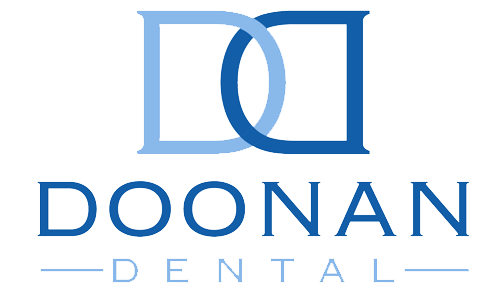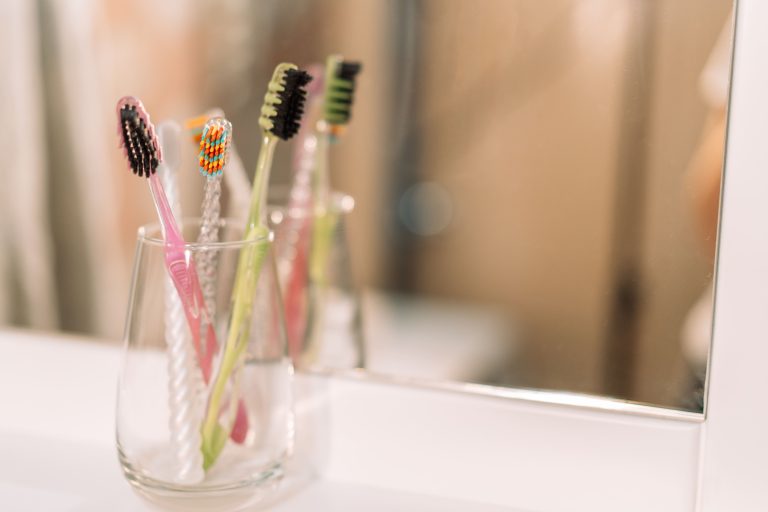Have you ever stood in the dental care aisle and wondered whether you should stick with your trusty manual toothbrush or switch to an electric one? Don’t worry, you’re not alone! It’s a common question we’ve all faced at one point or another.
The debate over whether electric toothbrushes are better has become increasingly relevant as technology continues to influence every aspect of daily life. Manual toothbrushes have worked well for as long as they have been around, but electric models now come with features that promise to clean teeth better.
Yes, both types aim to keep our mouths healthy but differ dramatically in their approach. So, what’s it better? Electric or manual toothbrushes? Your choice between the two often comes down to your personal needs, priorities, and what your dentist recommends. Let’s take a closer look at the benefits, differences and things you should consider when making your choice.
The Importance Of Dental Hygiene
While dental hygiene is good for your smile, did you know that it is just as important for your overall health too? Not only does poor dental hygiene affect your teeth (like cavities and gum disease) but also play a significant role in more serious conditions like heart disease and diabetes.
Brushing your teeth regularly, along with flossing and routine dental checkups will shield you from many health complications. Studies show that you should brush your teeth twice daily for two minutes with fluoride toothpaste to maintain optimal oral health.
How Toothbrushes Keep Your Teeth Clean
Science backs up the power of toothbrushing. Both manual and powered toothbrushes work well to remove plaque and defend against dental problems in several ways:
- It removes plaque and food particles that can lead to tooth decay
- Toothbrushes don’t just clean teeth. When held at an angle, you can also clean above and below the gum line where other food, bacteria and plaque can accumulate.
- Plaque can harden in as little as 24 hours, making it harder to keep your teeth clean and healthy. Regular brushing stops this from building up and causing dental problems.
Many studies say that you should replace your toothbrush or brush head every 3 months. This will give you the best plaque removal and gum protection. On top of that, it helps to use a soft-bristled toothbrush with gentle pressure to protect your gums from injury.
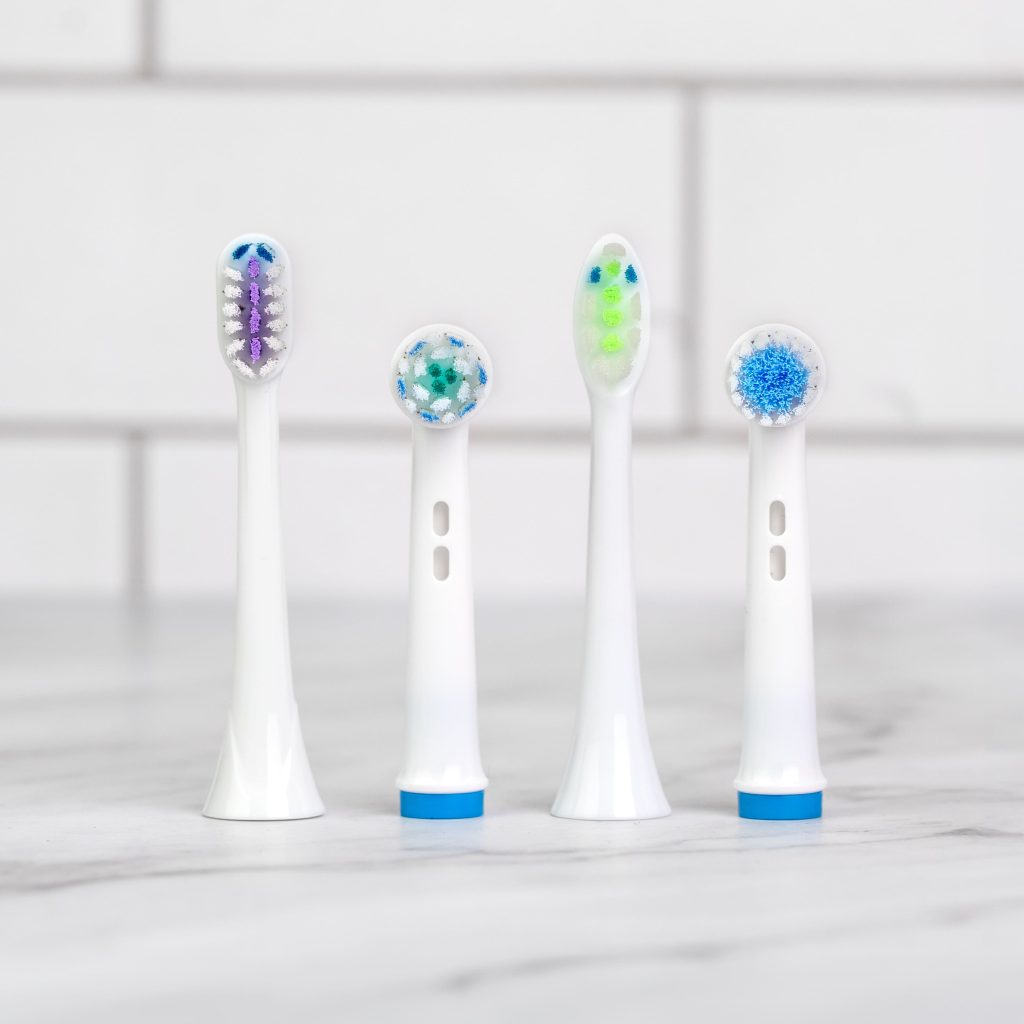
Electric vs Manual Toothbrushes
While it might not seem like a big decision, choosing between an electric and manual toothbrush can make a difference in your oral healthcare routine. Each option comes with its own set of benefits and considerations, and understanding them can help you make the best choice for your needs and lifestyle. Let’s take a closer look at some of the differences and considerations.
Daily Usage
It goes without saying that brushing your teeth every day is a non-negotiable part of maintaining good oral health. But how do electric and manual toothbrushes fit into your daily routine?
Ease of Use and Convenience:
Electric toothbrushes are designed to make brushing as easy and effortless as possible. With automated features like oscillating or vibrating brush heads, they require minimal manual effort—ideal for people with mobility challenges, arthritis, or even developmental disabilities.
These brushes take care of the heavy lifting, ensuring a thorough clean even with limited dexterity. In fact, studies show that 62% of electric toothbrush users stick with their daily brushing routine consistently, even months after purchase!
Travel, Space, and Portability:
When it comes to space and portability, manual toothbrushes shine. They are compact, lightweight, and power-free, so they’re easy to pack for travel or tuck into a small bathroom drawer.
Electric toothbrushes, while efficient, can be bulkier due to their charging stations and charging requirements. However, you don’t have to choose one over the other! Many people keep an electric toothbrush at home for daily use while opting for a manual toothbrush for travel or as a backup. And don’t forget—an electric toothbrush can still function as a regular toothbrush when powered off, so you’re never without a dental hygiene option.
Cleaning and Effectiveness
The primary function of a toothbrush is to clean your teeth – and doing that is better than not cleaning your teeth at all. With that said, research does show that electric toothbrushes do clean better than manual ones.
Studies show a 21% reduction in plaque and 11% decrease in gingivitis after three months of use compared to manual brushing. But why? There are a few reasons.
- Not everyone is taught how to brush their teeth correctly. Poor technique can leave plaque behind, especially in hard-to-reach areas. Electric toothbrushes simplify the process with their automated motions, ensuring a more consistent and thorough clean
- Most electric toothbrush models include built-in timers that ensure you brush for the dentist-recommended two minutes. This helps avoid under-brushing and encourages better habits.
While both electric and manual toothbrushes can maintain good oral hygiene when used correctly, the cleaning difference becomes more noticeable especially when you have orthodontic appliances like braces or if you struggle to reach certain areas of the mouth.
Special Features and Limitations
Both electric toothbrushes and manual toothbrushes now have a variety of features that can improve the brushing experience. For manual toothbrushes, options include different bristle densities and hardness levels, allowing you to choose soft, medium, or firm bristles depending on your sensitivity and preferences. Angled or tapered designs can also help reach tricky spots for a more effective clean.
Electric toothbrushes, on the other hand, take features to the next level! Today, many models come with oscillating, rotating, or vibrating brush heads that make brushing more efficient with less effort. Some high-tech electric brushes can even include:
- Built-in timers to ensure you brush for the dentist-recommended two minutes.
- Pressure sensors that alert you if you’re brushing too hard, helping to protect your gums and enamel.
- Smart connectivity for tracking brushing habits via a smartphone app, perfect for those who want to fine-tune their oral care routine.
- Mode settings, such as sensitive, whitening, or gum care, catering to specific dental needs
However, electric toothbrushes do come with limitations when compared to their manual counterparts. They require regular charging or battery replacements and can be more expensive than manual toothbrushes.
Battery Life and Power Options
Another consideration, especially when choosing electric is their battery life. It widely differs among models and brands. Some premium toothbrushes run up to three weeks per charge. Others need charging after two weeks of regular use.
User-Specific Considerations
When deciding between a manual or electric toothbrush, one of the most important factors to consider is the user. After all, everyone’s oral care needs and preferences are different, and the right toothbrush is the one that helps them achieve the best results.
Children and Teenagers
Pediatric dentists, like Doonan Dental suggest electric toothbrushes might work well for children after age 3. Not only does it ensure thorough clean, electric toothbrushes can make brushing fun for kids with musical features and character designs, built-in timers and interactive apps. However, for toddlers and very young children, a soft-bristled manual toothbrush may be safer and easier for parents to supervise.
Elderly and Limited Mobility Users
Electric toothbrushes are a great way to get better oral care if you have restricted mobility. In fact, an oral health survey found that 64% of adults between 60-74 years had preventable periodontal diseases. So, elderly users with limited dexterity benefit from electric toothbrushes that come with larger handles and anti-slip grips. The automated motions require minimal manual effort, making it easier for these users to maintain proper oral hygiene without discomfort.
Sensitive Teeth and Gums
Both manual and electric toothbrushes offer soft-bristle options to accommodate sensitive teeth and gums. However, many electric toothbrushes also feature pressure sensors and gentle cleaning modes, providing extra protection for delicate oral tissues.
Frequent Travelers
For those who travel often, manual toothbrushes are compact and require no charging or batteries. They are also affordable, making them easy to replace in a pinch. That said, many electric toothbrushes now come with travel cases and long-lasting battery life, allowing users to enjoy their benefits even on the go.
Cost-Benefits Over Time
The cost of your toothbrush can be a big deciding factor. Manual toothbrushes are budget-friendly, with most options costing only a few dollars. They are widely available, and replacing them every three to four months (as recommended) is easy and affordable. For individuals or families on a tight budget, manual toothbrushes offer a cost-effective solution for maintaining oral hygiene.
On the other hand, electric toothbrushes have a higher upfront cost, typically ranging from $30 to $300 or more, depending on the brand and features. Replacement brush heads can cost anywhere from $5 to $15 each. Despite the initial expense, electric toothbrushes often provide added value through advanced features like built-in timers, pressure sensors, and superior plaque removal.
Research suggests that electric toothbrushes can lead to better oral health outcomes over time, reducing the need for costly dental treatments like fillings, deep cleanings, or gum disease treatment. However, regular and proper manual brushing can do the same.
What It Means for the Environment
Beyond oral health and dental hygiene, you might also want to consider the environment. Traditional manual toothbrushes are often made from non-recyclable plastic, which contributes to landfill waste. Since they need to be replaced every three to four months, the environmental footprint can quickly add up. However, more sustainable options are now available, such as bamboo toothbrushes, which are biodegradable and significantly reduce waste.
Electric toothbrushes are designed to last longer, with only the brush heads requiring regular replacement. This reduces the volume of waste compared to replacing an entire manual toothbrush. That said, the electronic components, batteries, and chargers contribute to e-waste if not properly disposed of.
If reducing waste is a priority, consider opting for a bamboo manual toothbrush or an electric toothbrush from a brand with a take-back or recycling program. Additionally, using any toothbrush—manual or electric—for its full recommended lifespan before replacing it ensures you’re minimizing unnecessary waste too.
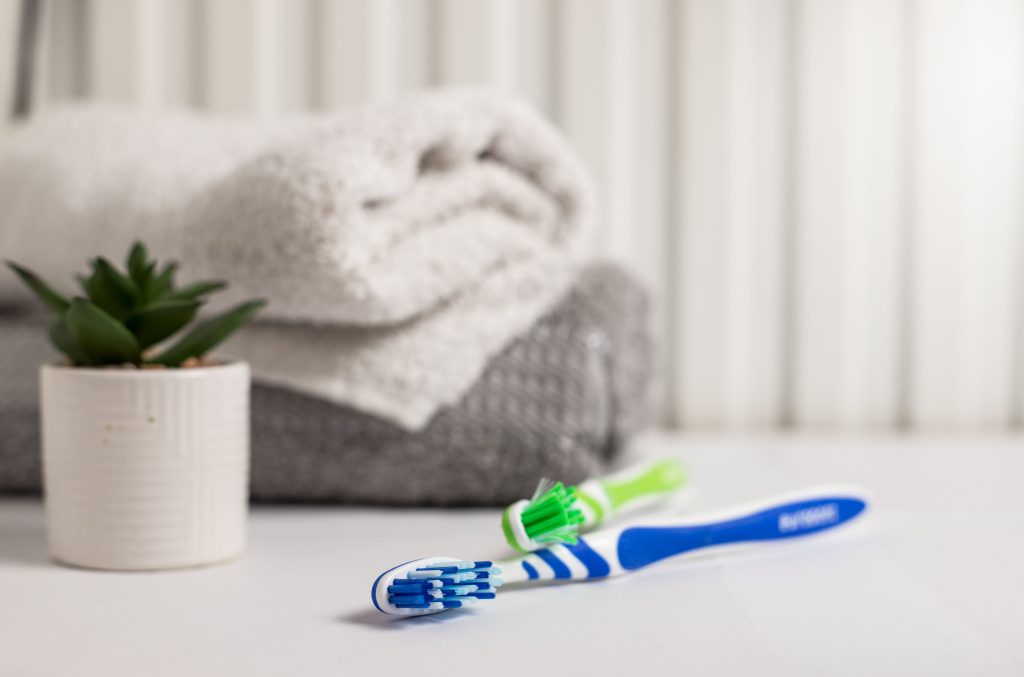
So, What Do You Choose?
Ultimately, the choice comes down to you and your habits. If you are practicing, regular, effective dental hygiene, both options can help you maintain a healthy smile. While research backs up both options as effective tools, Electric toothbrushes do have a clear edge in removing plaque and protecting gums.
If you’re looking for affordability, simplicity, and portability, a manual toothbrush may be the perfect fit. It’s a tried-and-true option that, when used with proper technique, can effectively clean your teeth and gums.
On the other hand, if you want advanced features, enhanced cleaning power, and extra support for building good brushing habits, an electric toothbrush might be worth the investment. t’s particularly beneficial for individuals with specific needs, like limited mobility, braces, or a history of dental issues.
Keep Your Smile Healthy With Doonan Dental
Choosing the right toothbrush is just one piece of the puzzle. At Doonan Dental we’re here to support your oral health journey with holistic, personalised dental care. Whether you use an electric or manual toothbrush, our expert team can help you achieve the best results for your unique needs.
Experience the difference holistic dental care can make. Book your consultation today!
